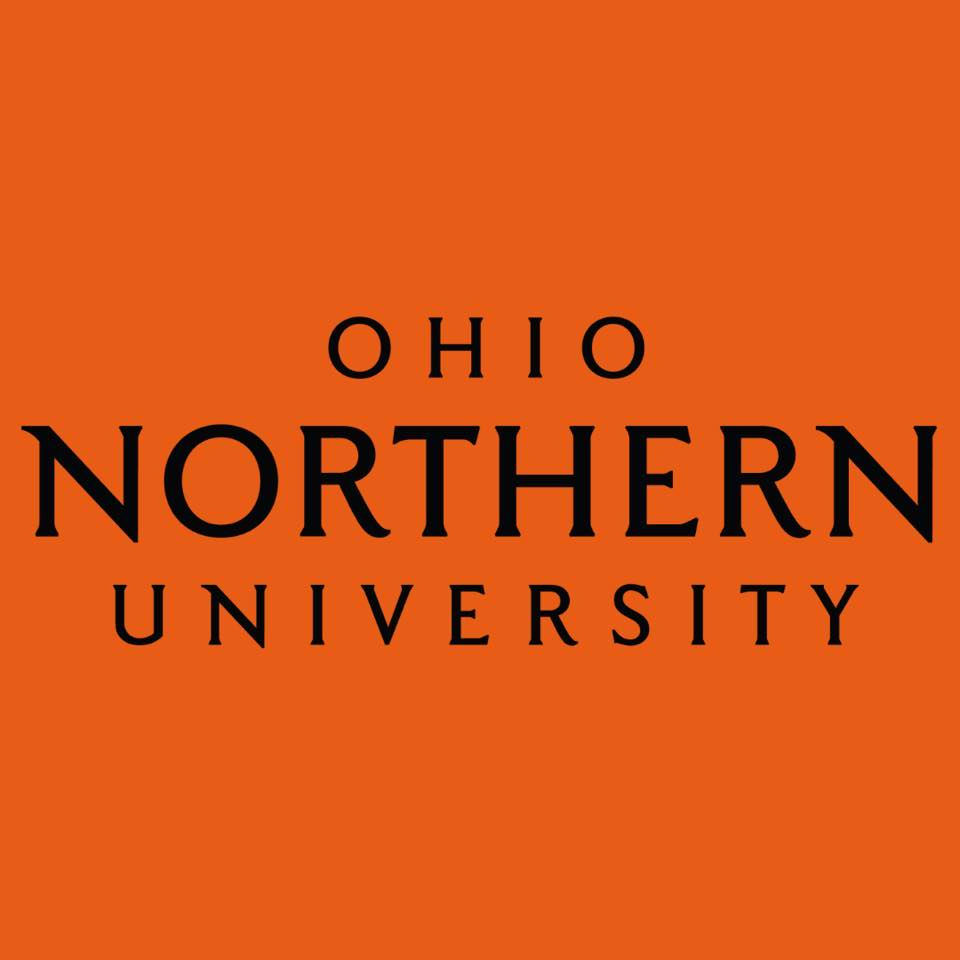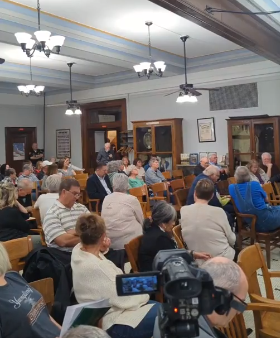Download Our Mobile App And Take WKTN With You . > > > > > > > > > > IT'S FREE!!

Understanding the Effects on Student Learning, Relationships, and Teacher Workload
Education students under the direction of Dr. Sarah McCluskey at Ohio Northern University recently examined how the Covid-19 pandemic has affected education in the United States.
This is the latest addition to ONU’s Institute for Civics and Public Policy’s “Critical Questions” series.
The student authors find the pandemic has resulted in learning loss for students, increased workloads for educators, and has made forging deeper relationships with families more difficult.
In their research, the student authors find that “when students are learning from home, there is a loss of several key teaching methods such as group work, and student-centered activities.”
The authors find significant learning loss has occurred in comparing standardized tests scores before and in the midst of the pandemic.
In addition to learning loss, evidence suggests that the relationship between teachers and families have also changed due to the pandemic, with remote learning making it more difficult to forge strong relationships.
The authors contend that these relationships are considered to be foundational for teachers and students.
Dr. McCluskey notes: “One of my goals this semester was to provide my students with concrete methods for designing and teaching social studies content. This project provided me with an instructional framework to guide them in achieving that goal.” For student Kaylee Ballou, it would appear McCluskey reached her goal: Ballou states that “the project allowed me to see as a future educator the impacts Covid-19 has had on the educators now and ways to prepare myself for future curriculum.
Reflecting on her role in the project, student Rebecca Monce states that she “found the experience of completing research and writing about the critical question to be very valuable. The experience helped me to develop insight into how critical social issues are tied to public education.” Fellow student Emma Blackburn adds: “As a future elementary school teacher, I think this experience was very beneficial. During my experience in the classroom I have seen the impacts that students have been going through due to the pandemic. I think that having this research will make us better well rounded teachers will have many strategies to help our students.”
Dr. McCluskey adds that she sought to empower her students “to be active researchers and scholars on an important issue affecting us while taking a deeper look into education.” The project by Dr. McCluskey’s students represents the first Critical Question written by students who are not full-time members of the Institute for Civics and Public Policy (ICAPP).
ICAPP’s Founding Director, Dr. Robert Alexander, said he hopes this student group is not the last to contribute to this important series. “I am thrilled to have students from multiple disciplines contribute to the Critical Question series and I expect there will be many more in the future. I’m thankful to these education students for being the first to do so.”
The Institute for Civics and Public Policy (ICAPP) at Ohio Northern University is a non-partisan, education-based community of scholars dedicated to conducting high-quality research to support civic literacy and an informed understanding of public policies with a focus on those issues affecting citizens in the Industrial Midwest.
Written by: WKTN Staff
Similar posts
Copyright WKTN-Home Town Media | Public File | FCC Applications | ADMIN | 112 N. Detroit Street, Kenton, OH 43326 | 419-675-2355


